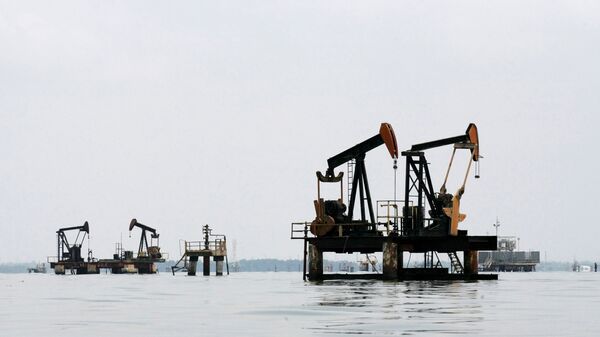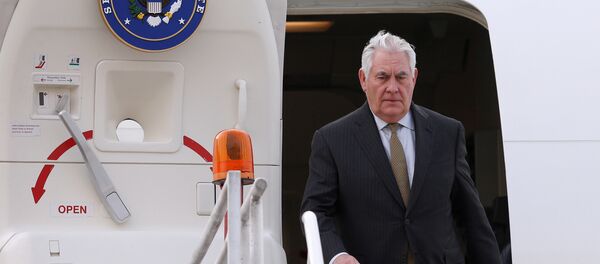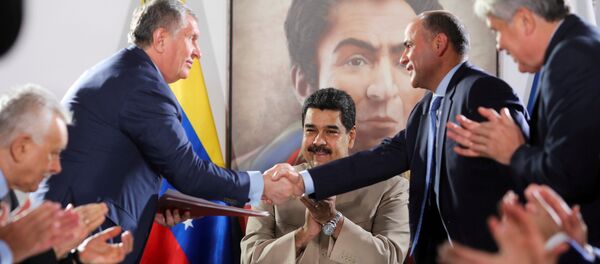"Russia is among our allies, as joint ventures have been set up with Rosneft and Gazprombank… There are also agreements and joint ventures, and we are trying to expand this work. We want to attract these companies in those areas where it is necessary to replace the suppliers [of equipment]," the ambassador said in an interview.
The replacement of the equipment suppliers is needed to bypass US sanctions against Venezuela and reduce the dependence from the United States and its companies, the ambassador noted, adding, though, that the replacement of suppliers may face some technical difficulties.
Rosneft and Gazprombank are also subject to Western sanctions, Tortosa recalled.
Venezuela is also considering participation of other companies, including the Chinese ones, in oil and gas projects, the ambassador said.
Russia and Venezuela have a long-standing partnership in the energy sector. Rosneft actively cooperates with Venezuelan partners in oil and gas exploration, successfully competing with companies from other countries. Rosneft and Gazprombank take part in oil producing joint ventures together with Venezuelan PDVSA. In 2016, joint ventures with Russian participation produced an average of 305,000 barrels of oil per day, with total annual production standing at 9 million tonnes representing 7 percent of Venezuela’s total production.
Early last week, Venezuelan President Nicolas Maduro said after a meeting with OPEC Secretary General Mohammad Barkindo that he considered it possible to work out a joint cryptocurrency mechanism for all members of the OPEC and other major oil producers.
"We know that there are countries with important economies within OPEC, many of them are closely linked to US economy and politics. Let's see how the proposal of President Maduro about the use of Petro will be accepted in the framework of OPEC. I think that it will be difficult enough, as it is known that the US carried out terrible actions at the international level to prevent this event. Let's see what the reaction of the countries will be, but the United States will resist in every possible way," the ambassador said in an interview.
Barkindo was interested in the proposal, Tortosa noted.
"The proposal seemed interesting to him. Of course, he does not represent the country, but only an organization, so he needs to transfer the Venezuelan proposal to the OPEC member countries, directly to their presidents," the diplomat said.
In December, Maduro announced the idea to create a cryptocurrency system, called Petro and backed by the country's oil reserves, which is expected to help the country to overcome the financial blockade. The Venezuelan Finance Ministry noted that cryptocurrency was necessary for carrying out financial transactions and searching for new financing options.
Meanwhile, Venezuelan Minister for Tourism Marleny Contreras plans to visit Russia in March to take part in the Moscow International Travel and Tourism Exhibition, Carlos Rafael Faria Tortosa told Sputnik on Monday.
"We hope that the Venezuelan minister for tourism will be able to arrive here in March to take part in the Moscow International Travel and Tourism Exhibition," the diplomat said.
Tortosa also pointed out that the level of relations between Russia and Venezuela was assessed by him as very good.
The 25th Moscow International Travel and Tourism Exhibition will be held on March 13 — 15 in the Expocenter.





